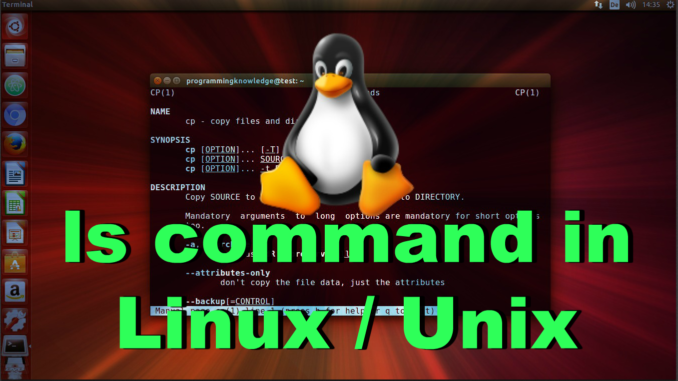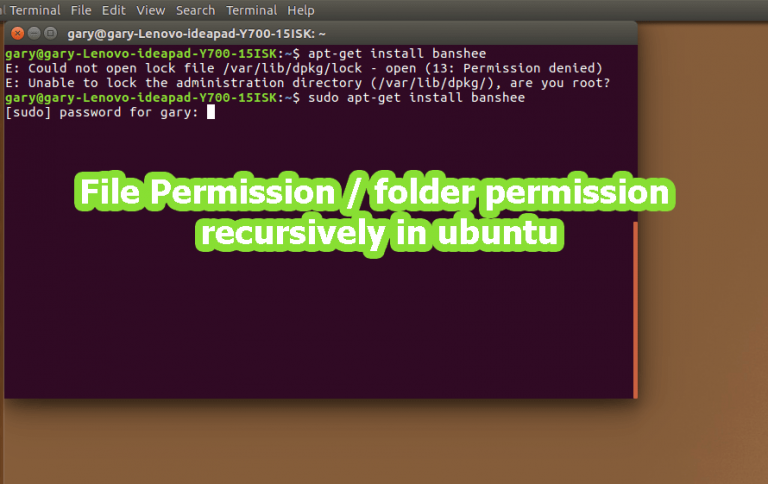
- #Linux find file recursively in directory by time stamp how to#
- #Linux find file recursively in directory by time stamp full#
- #Linux find file recursively in directory by time stamp code#
# Don't do thisįor d in **/*(FDod) do touch -r "$d"/*(Dom) - "$d" done I've taken zsh command and enhanced it to work in subfolders, but it seems that zsh is terribly inefficient for the **/*(FDod) part. The folder "() The Colour and The Shape" would have its timestamp set to 00:52. rw-r-r- 1 jon jon 6086821 00:51 Foo Fighters - Walking After You.mp3 rw-r-r- 1 jon jon 6778011 00:52 Foo Fighters - New Way Home.mp3 rw-r-r- 1 jon jon 4294291 00:52 Foo Fighters - My Poor Brain.mp3 rw-r-r- 1 jon jon 4649556 00:52 Foo Fighters - Monkey Wrench.mp3

rw-r-r- 1 jon jon 5803125 00:51 Foo Fighters - February Stars.mp3 rw-r-r- 1 jon jon 3151170 00:51 Foo Fighters - Enough Space.mp3 So for Fighters/() The Colour and The Shape$ ls -alF
#Linux find file recursively in directory by time stamp how to#
Similar PowerShell cmdlet, finds the first copy only: ( get-command robocopy.exe).I was wondering if anyone knows how to change the timestamps of folders recursively based on the latest timestamp found of the files in that folder.
#Linux find file recursively in directory by time stamp full#
TYPE - Display the contents of a text file.Įquivalent bash command (Linux): which - Show full path of commands. Which - several scripts from Rob Vanderwoude.ĪTTRIB - Display or change file attributes, with just the parameter specifying a file or a wildcard, ATTRIB will return similar results to WHERE. OldNewthing - Describes this 90 byte 'whereis' batch %%e in (%PATHEXT%) do %%i in (%1%%e) do NOT "%%~$PATH:i"="" echo %%~$PATH:i Which.cmd - Show full path to executable. “Who never walks, save where he sees men's tracks, makes no discoveries” ~ Josiah Gilbert Holland Related commands In PowerShell, find all copies of robocopy.exe in the current system path: CSV files on both the work and play folders: Examplesįind all files named 'Zappa' on the remote computer 'Server64' searching exe' otherwise the Where-Object cmdlet will take precedence. To run the WHERE command from PowerShell it is necessary to specify the. To avoid this behaviour, clear the PATHEXT variable temporarily with Set "PATHEXT=" For instance, the command WHERE monday.csv will list the file monday.csv in the current directory, as expected, but this will also list files like, should they exist. This PATHEXT expansion applies even if you are not searching for an executable. WHERE will use the PATHEXT variable to include all executable files, so WHERE robocopy will find the location of robocopy. The WHERE command is particularly useful to reveal multiple versions of the same comand/script/utility on the system PATH. Unlike the DIR command WHERE always returns the full path to each file found. The WHERE command can either perform a recursive search within one directory ( /R) or search through a list of folders ( Path Path:), but not both.īy default, WHERE searches the current directory and the paths specified in the PATH environment variable.

Path One or more semicolon-separated paths to search.

The pattern can also be $ ENV: Pattern where ENV is an existing environment variable You can use wildcard characters ( ? * ) and UNC paths. Pattern The Drive\Directory\file, or set of files to be found. T Display the size, time stamp, and date stamp of the file. F Display the output file name in quotation marks.
#Linux find file recursively in directory by time stamp code#
Q Don’t display the files but return either an exit code of 0 for success R A recursive search, starting with the specified Dir directory. By default, the search is done in the current directory and in the PATH. The WHERE command is roughly equivalent to the UNIX 'which' command. Locate and display files in a directory tree.


 0 kommentar(er)
0 kommentar(er)
